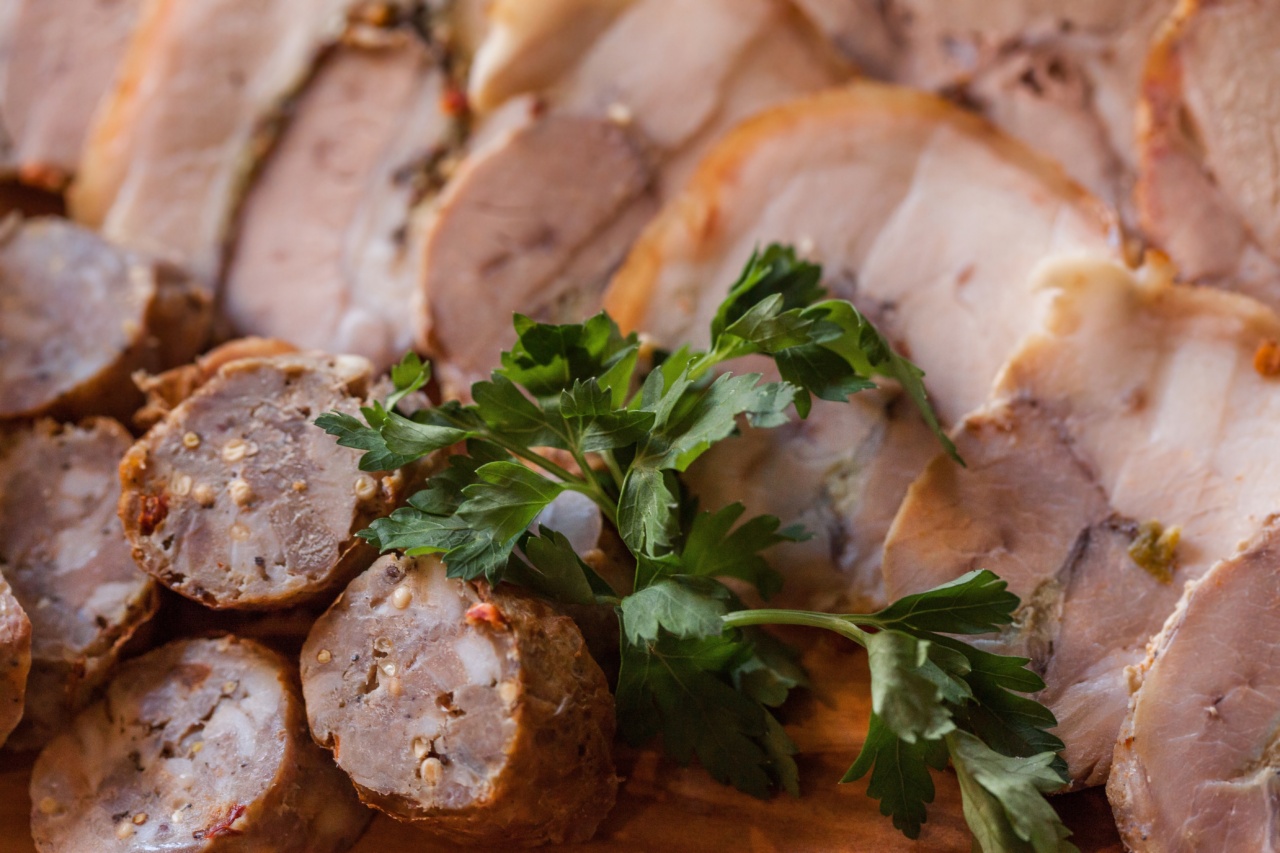During pregnancy, the mother’s diet plays a crucial role in the development of the fetus.
It is essential to provide the necessary nutrients to the growing baby, but excessive intake of certain nutrients like fat can have harmful effects on both the mother and the baby. In this article, we will discuss the risks and consequences of high-fat intake during pregnancy.
What is High Fat Intake?
Fat is a vital nutrient required for a healthy pregnancy. It is a source of energy and helps in the formation of the baby’s organs, brain, and nervous system.
However, too much of anything is harmful, and excessive fat intake during pregnancy is defined as consuming more than 35% of calories from fat.
The Risks of High Fat Intake During Pregnancy
High fat intake during pregnancy can lead to the following risks:.
Gestational Diabetes
Excessive fat intake during pregnancy can increase the mother’s risk of developing gestational diabetes.
Gestational diabetes can cause complications during pregnancy, such as macrosomia (a baby weighing more than 8 pounds, 13 ounces), premature birth, and stillbirth. Additionally, gestational diabetes puts the mother at risk of developing type 2 diabetes later in life.
Preterm Birth
Women who consume a high-fat diet during pregnancy have an increased risk of preterm birth. Preterm birth can cause many health problems for the baby, such as breathing difficulties, bleeding in the brain, and developmental delays.
In severe cases, preterm birth can also lead to infant death.
Increased Risk of Cesarean Delivery
High-fat intake during pregnancy is associated with an increased risk of cesarean delivery. Cesarean delivery can also lead to complications such as infections, hemorrhage, or injury to the mother or baby.
Childhood Obesity
Children born to women with high-fat intake during pregnancy are at a higher risk of childhood obesity. Studies have suggested that elevated maternal fat intake during pregnancy influences the child’s satiety regulation and adiposity.
Developmental Delays and Behavioral Issues
High-fat intake during pregnancy can lead to developmental delays and behavioral issues in children. Children born to women with high-fat intake during pregnancy are at risk of poor cognitive development, hyperactivity, and attention problems.
Impact on Breastfeeding
High-fat intake during pregnancy can also impact breastfeeding. Women with high-fat intake during pregnancy and breastfeeding have been found to produce milk with a higher fat content, which can lead to obesity in infants and children.
How to Reduce Fat Intake During Pregnancy
To reduce the risk of the above consequences, it is essential to maintain a balanced diet during pregnancy. Here are some tips to reduce fat intake during pregnancy:.
- Choose lean protein sources like chicken, fish, and beans
- Avoid fried foods and fast foods
- Limit high-fat dairy products like cheese and butter
- Choose healthy fats like olive oil, nuts, and avocados
- Eat more fruits and vegetables
- Read food labels carefully and choose low-fat products
Conclusion
High-fat intake during pregnancy can have severe consequences for both the mother and the baby. It is essential to maintain a balanced diet during pregnancy to reduce the risk of complications.
Women should take necessary steps to monitor their fat intake and consult a healthcare professional if they have any concerns.






























